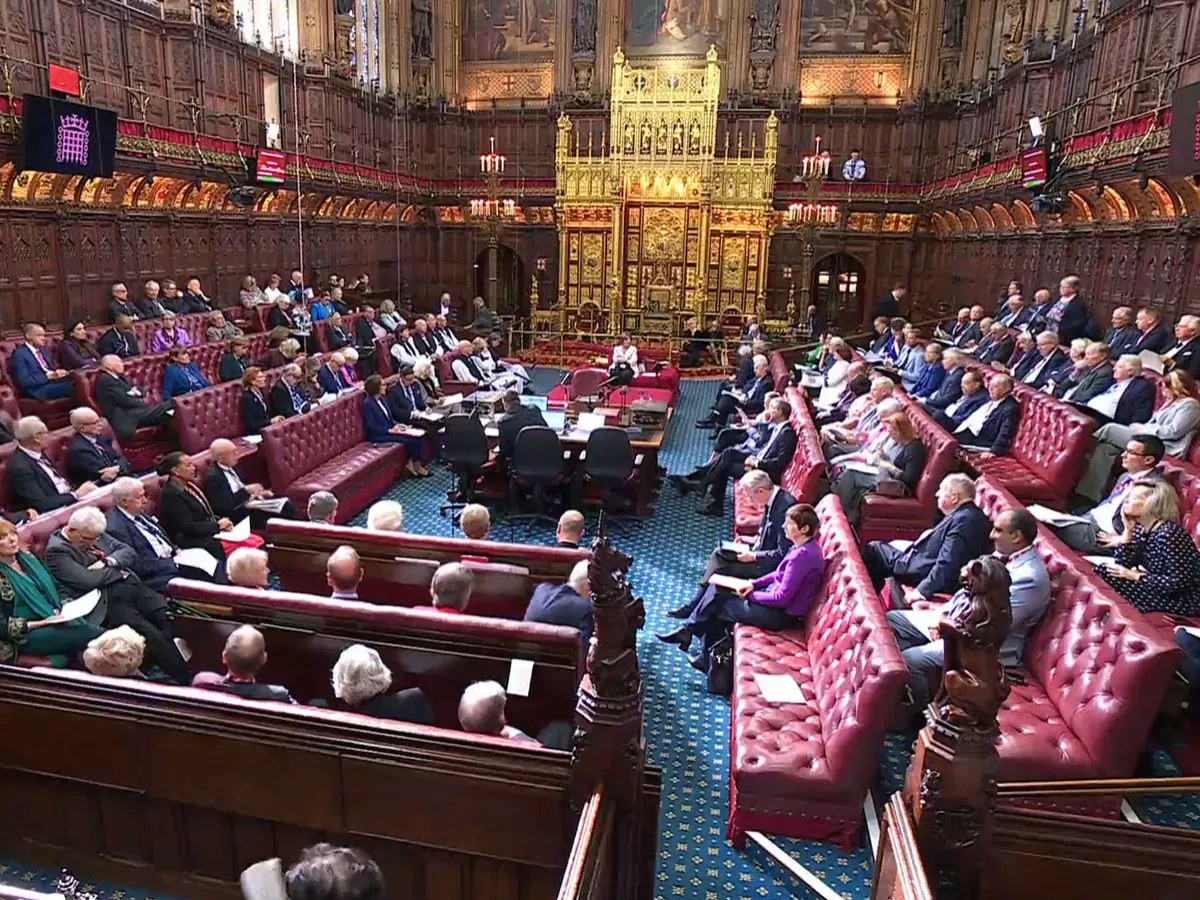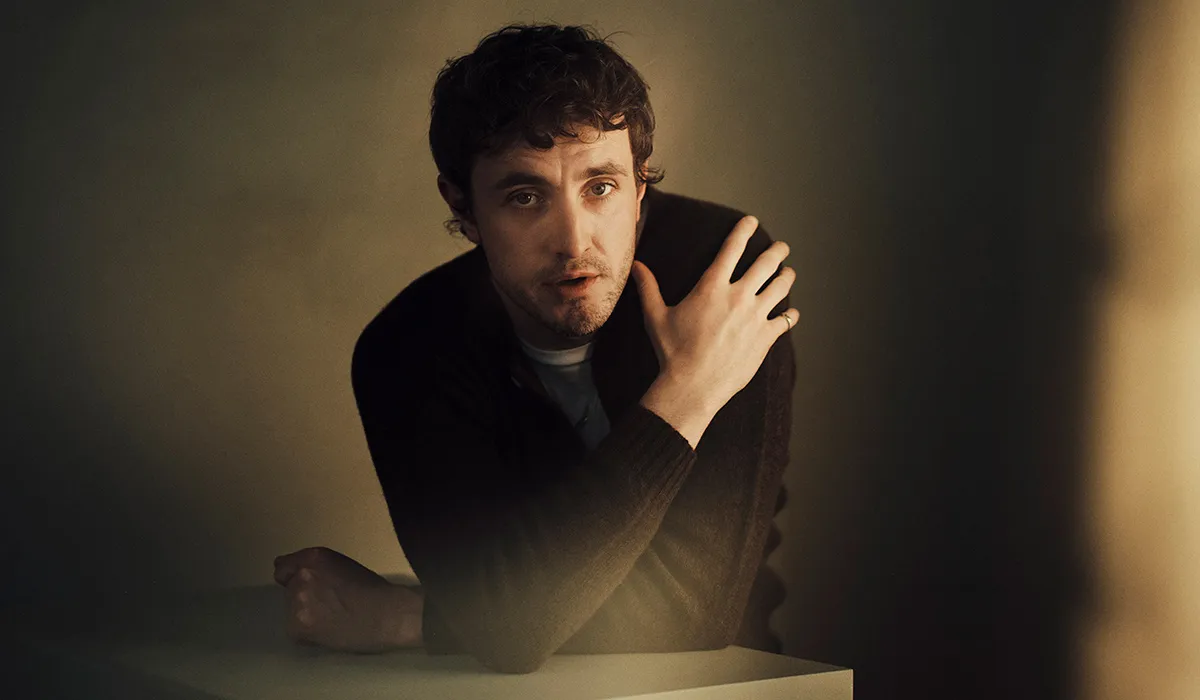By Ryan Price
Copyright manchestereveningnews

Assisted dying in England and Wales has moved a step closer after proposed legislation passed the second reading stage in the House of Lords on Friday. The legislation proposes allowing terminally ill adults in both countries, with fewer than six months to live, to apply for an assisted death. This would be subject to approval by two doctors and a panel featuring a social worker, senior legal figure and psychiatrist. A motion to agree Second Reading was passed in parliament on Friday afternoon. It followed an intense debate in the Lords amongst bishops and peers. Lord George Carey, who was the Church of England’s top bishop for 11 years, is at odds with his religious colleagues on the issue and claimed they are not representing their own Church in their staunch opposition to the assisted dying Bill. He warned that both the Lords and Church bishops risk their legitimacy as major institutions in public life by blocking the Terminally Ill Adults (End of Life) Bill. Lord Carey told peers: “My Lords, may I add, with temerity, a rhetorical question addressed to the Bishops’ benches – but I think to us all. “Do we really want to stand in the way of this Bill? It will pass, whether in this session or the next. It has commanding support from the British public and passed the elected House after an unprecedented period of scrutiny.” He continued: “Both this House and the Church are in the midst of renewed public debate as to our role in society. “And I pray, indeed pray, that both these institutions – which I hold so dearly for the importance of our role in public life – do not risk our legitimacy by claiming that we know better than both the public and the other place (the Commons).” Campaigners against the Bill gathered outside Parliament during the debate, setting out shoes to symbolise what they said could be the lives lost if assisted dying is legalised. The first day of debate last week saw Bishop of London Dame Sarah Mullally argue that the “choice” to die “is an illusion” without “fully-funded palliative and social care services”. Outlining her opposition to the Bill, Dame Sarah told the Lords there are “no amendments to this Bill that can safeguard us completely from its negative effects” and that the draft law “fails in its central plank, that it delivers choice”. There have been concerns among some of the Bill’s backers that peers against the proposed legislation would try to block it or “talk it out” so that it runs out of time to become law before next spring when this session of Parliament ends. The committee of around a dozen peers would likely be formally launched next month and must report to the Lords by November 7, before the Bill can progress to the next stage of the legislative process. Assisted dying will become law in England and Wales only if both the House of Commons and House of Lords agree on the final wording of the Bill. If it does pass into law, the Government has four years in which to get an assisted dying service into place, meaning it could be 2029/30 before the first assisted death takes place.



